Admission Requirements
UTME: 4-Year Degree Programme
For admission into the 4 year Degree Course in History and International Studies, a candidate must possess 5 “O” Level credits to include English Language, Civic Education/Government /History and three other Arts/Social Science subjects with at least a pass in Mathematics. Note that Government/Civic Education/History is taken in place of each other.
DIRECT ENTRY: 3-Year Degree Programme
For the 3-Year Degree Course, a candidate must possess any of the following: NCE or Diploma (at Credit / Merit Level) from any recognized institution; and 5 Credits at “O” level to include English Language and four other Humanities/Social subject. Note that Government is taken in lieu of History.
Career Prospects
History and International Studies is a field concerned with the understanding of global interaction, both in the historical past and in the present, focusing largely on political, economic, social and cultural issues that dominate the international agenda.
The programme enables graduates obtain a utilitarian degree that combines a vast knowledge of global history with the history of modern international relations.
At Redeemer’s University, we foster both critical and creative thinking in students while making their academic experience as worthwhile as possible by combining rigor with flexibility.
Students receive personal attention from diverse faculty members who have specialized knowledge in the field. They will gain a stronger understanding of the influence of History and International Studies on each other, while engaging in topics such as conflict resolution, refugee studies, women studies, diplomacy, terrorism and strategic studies.
Like other courses in the university, it grants merit scholarship to academically outstanding students from the second year.
The strong research, analysis, communication and writing skills you develop during your studies will create pathways to a wide range of careers in many different sectors.
Most students use these transferable skills to successfully pursue career paths in the diplomatic services, among international organisations, the ministry of external affairs, in academics; among NGO’s, government, media houses, consultancy firms and several other related fields of endeavour as researchers.
Other students choose career paths such as research specialists, conflict negotiators, development consultants, local and international advocator.
Staff Directory
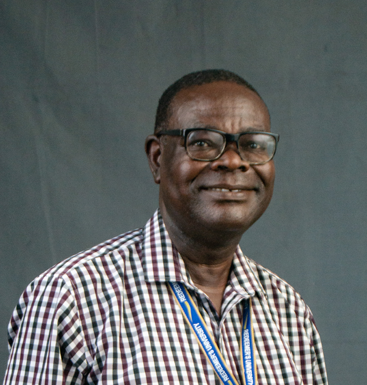
Senior Lecturer
Dr Alo Lawrence Kolawole
Research Area
Legal History, Inter-Group Relations and Chieftaincy Studies
Contact Information
- alol@run.edu.ng
- 08034453702
- Research Gate
- Google Scholar
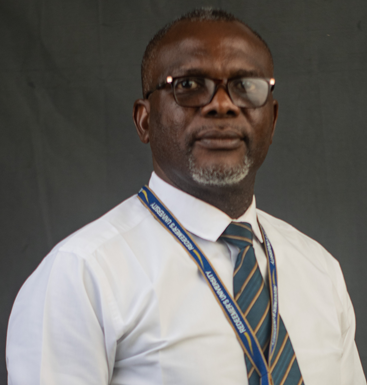
Senior Lecturer
Dr Benjamin Uchenna Anaemene
Research Area
Health Diplomacy, Health Policy, African History
Contact Information
- anaemeneb@run.edu.ng
- 08033349445
- Research Gate
- Google Scholar
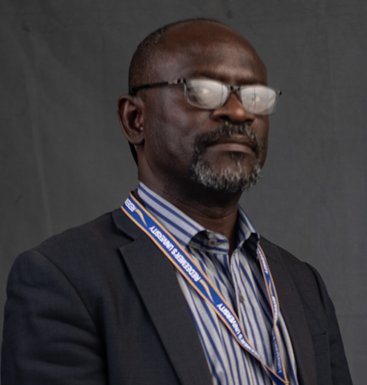
Senior Lecturer
Dr Bernard Bemhemba Fyanka
Research Area
History and Strategic Studies; Arms Control and Proliferation; Conflict and Conflict Resolution; Postmodernism and Pentecostalism; Environmental History
Contact Information
- fyankab@run.edu.ng
- 08032226424
- Research Gate
- Google Scholar
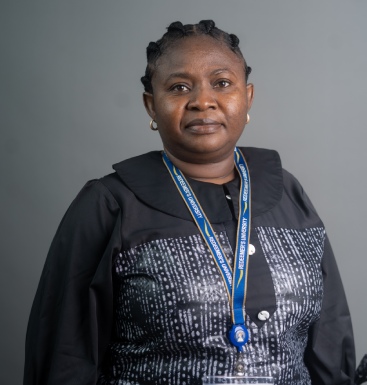
Reader
Dr. Oluwakemi Abiodun Adesina
Specialization
Social and Economic History ( Gender, Women, and Youths)
Contact Information
- adesinak@mirror.run.edu.ng
- 08033565532
- Research Gate
- Google Scholar

Assistant Lecturer
Mr Elugbaju Ayowole Segun
Research Area
Political, Social, and Cultural history of the Yoruba people, with a focus on Religion, Social Change, and Political Institution
Contact Information
- elugbajua@run.edu.ng
- 08090908790
- Research Gate
- Google Scholar
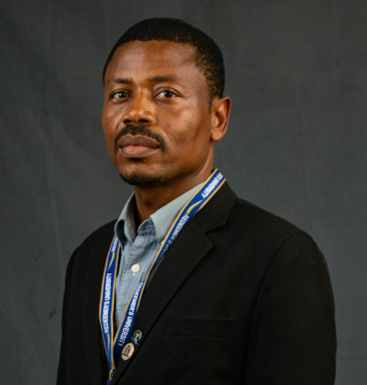
Assistant Lecturer
Mr Kohol sylvester shima
Research Area
Correctional Studies/Migration
Contact Information
- kohols@run.edu.ng
- 07038413181
- Research Gate
- Google Scholar

Assistant Lecturer
Mr Olusegun Emmanuel Ogundeji
Research Area
Strategic Studies
Contact Information
- ogundejio@run.edu.ng
- 07033457199
- Research Gate
- Google Scholar
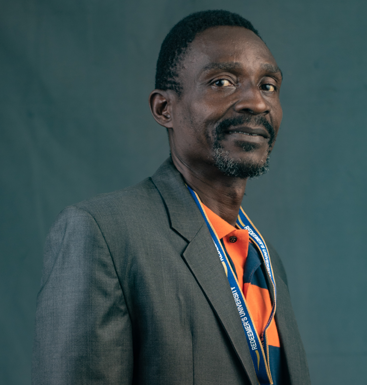
Other
Prof Ekanade Olumide Victor
Research Area
Economic History, Fiscal federalism, Development studies
Contact Information
- ekanadeo@run.edu.ng
- 08053824965
- Research Gate
- Google Scholar
